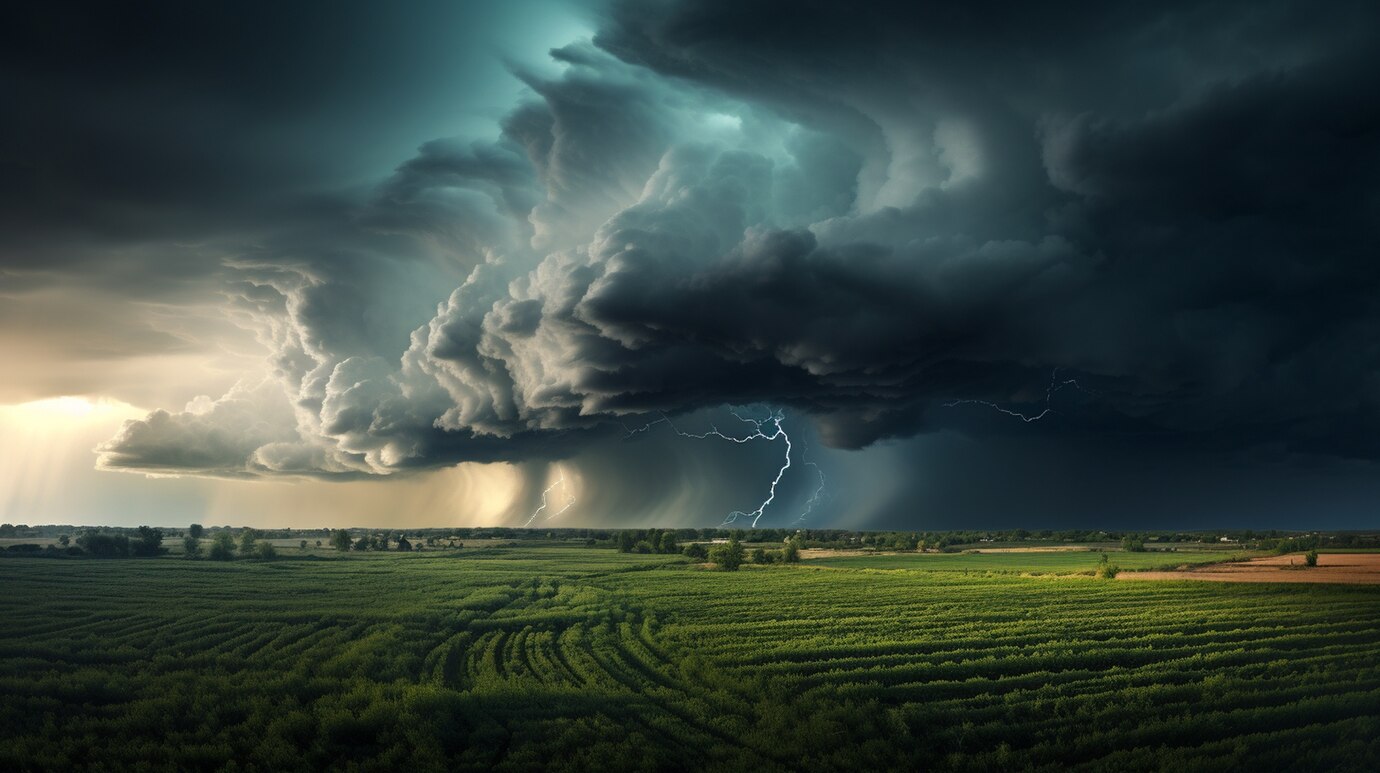Early projections for the Atlantic hurricane season indicate that it could be one of the most intense on record, if not the most intense.
On Thursday, Colorado State University, a major hurricane and tropical weather forecasting center, predicted 11 hurricanes this season, five of which would be Category 3, 4, or 5 hurricanes, meaning they would have wind speeds of 111 mph or higher. In total, the researchers predict 23 named storms this year.
“This is our highest April forecast ever,” Colorado State meteorologist Phil Klotzbach said during a video news briefing on the Atlantic hurricane season.
On average, the National Hurricane Center (NHC) forecasts an Atlantic hurricane season with 14 named storms, 7 hurricanes and 3 major hurricanes (category 3 or higher).
The Atlantic heat and a seasonal shift to La Niña (a natural pattern of variability) are two of the main reasons why forecasters expect the season to be so much above average from June 1 through Nov. 30. The ocean temperatures have been at or near record levels for the past year, making strong storms more likely and allowing them to build up faster.
According to the Colorado forecast, there is a 62 percent chance of a major hurricane making landfall on the continental United States coastline, which is 19 percent higher than the projected baseline. However, this forecast comes early in the season and will be updated as the season progresses. The National Weather Service has not yet issued its forecast.
According to other hurricane scientists, there are two main reasons for this: unnatural ocean heat and La Niña.
All of these elements are pointing toward what could be a very active hurricane season in 2024 along with very strong hurricanes — the ones that cause the most destruction — according to NBC 6 South Florida meteorologist and hurricane expert John Morales.
Understand the Hurricane Season
- Know Your Zone, Know Your Home – Do you live in an evacuation zone? Are you in a low-lying flood-prone area? Do you own a mobile home? Is your home in an unsafe structure? If so, it’s important to know if you’re in an evacuation zone during hurricane season. It’s also a good idea to take the time to understand your home’s wind and rain resistance. This will help you better understand local officials’ evacuation orders during a storm.
- Have Multiple Ways to Receive Weather Alerts – Residents should have access to multiple ways to get weather alerts and comply with all local county emergency management notifications. Each household should have a battery-powered or hand crank weather radio so they can continue to get National Weather Service alerts when power is out or cell towers are down.
- Turn Around, Don’t Drown! – Floods can happen without warning and should never be driven or walked in flooded areas. It only takes about one foot of flood water to move most cars, and over half of all flood fatalities are caused by vehicles being swept away. If you are in an area prone to flooding, get to safety as soon as possible!
- Build a Disaster Supply Kit – In the aftermath of a hurricane, people may lose access to essential utilities, such as electricity and water, and experience reduced or no access to essential items such as food, water and medicine. It is recommended that households have enough basic supplies to last every family member, including pets, for a minimum of seven days.
- Keep Gas Tanks Half Full – Keep your gas tank at least 50% full during hurricane season for residents and visitors. That way, you’ll have enough fuel to get out of the house quickly without having to wait in long lineups at gas stations, and you won’t have to worry about gas shortages before a storm hits. If you drive an electric vehicle in Florida, we recommend keeping your battery at between 50% and 80% capacity all the time. This depends on your vehicle and what’s recommended in your vehicle’s owner’s manual.
- Hurricane Hazards –Tornadoes, High winds, Flooding, Rip Currents and Severe Storms are just a few of the risks associated with hurricanes. These risks can affect every corner of Florida, so it’s important to have a plan in place for every member of your family, including your pet.
